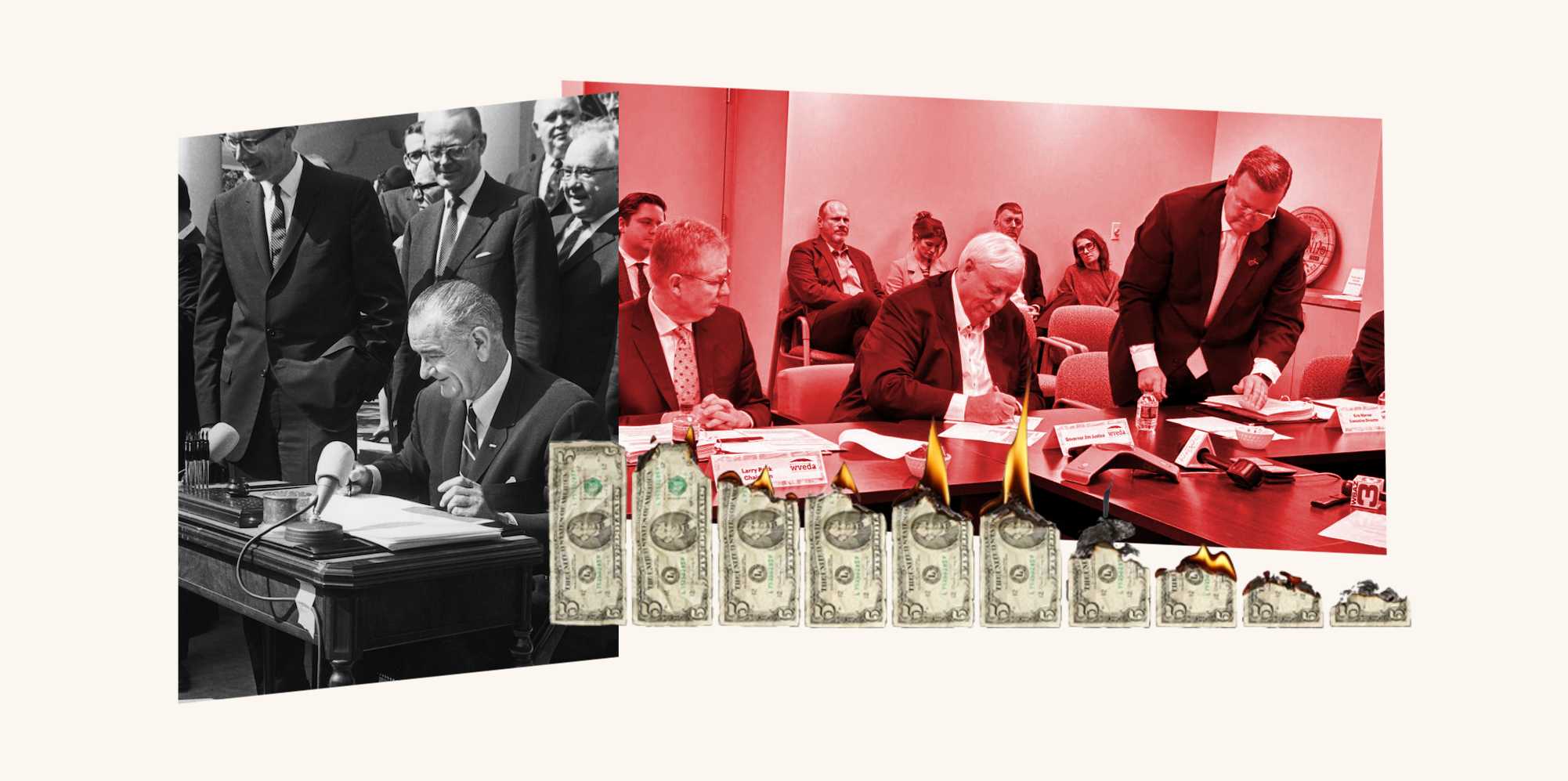The West Virginia Economic Development Authority (WVEDA), like its federal counterpart—the Economic Development Administration (EDA)—was born out of a flawed vision of government-led economic stimulation. The West Virginia Economic Development Authority (WVEDA) embodies a form of state-controlled capitalism that closely resembles economic communism in practice.
Under the guise of promoting free-market growth, the state uses taxpayer dollars to pick winners and losers—centralizing economic power in the hands of politicians who decide which private companies deserve government backing. This is antithetical to true capitalism, where markets reward innovation and efficiency, not political connections.
By redistributing wealth from working citizens to failing or politically-favored corporations, the WVEDA erodes the principles of free enterprise and replaces them with a government-managed economy—where risk is socialized, profit is privatized, and economic success depends more on government approval than on merit or market demand.
Originating from the Public Works and Economic Development Act of 1965 under President Lyndon B. Johnson, the federal EDA was part of the Great Society initiative marketed as “uplifting” economically distressed areas. However, rather than empowering the working class, the EDA ushered in an era of taxpayer-funded corporate subsidies that have increasingly served narrow, politically motivated interests. West Virginia’s version of this model has followed the same path, yielding little public benefit while enriching private interests and fueling political corruption.
At its core, the EDA was supposed to provide support—through grants and investments—to areas that had fallen behind economically. Yet, over the decades, it has evolved into a conduit for public money to be funneled into local pet projects and private sector ventures that provide questionable, if any, returns to the average taxpayer. In many cases, these projects have served little more than to benefit a single company or a small, politically favored group, while the broader community sees no measurable economic improvement.
In West Virginia, the WVEDA has made numerous high-profile investments into out-of-state corporations that were already in financial distress. These companies, desperate for capital, have accepted the state’s grants and forgivable loans only to shut down operations before paying back a single dollar in taxes. In essence, West Virginia taxpayers are left holding the bag—footing the bill for corporations that never intended to establish a long-term presence in the state. This model is not sustainable, nor is it just.
Worse still is the blatant political favoritism and corruption associated with the WVEDA’s operations. Reports and public records have indicated that companies receiving these taxpayer-funded incentives have also contributed, directly or indirectly, to the re-election campaigns of powerful state officials. This constitutes not just a conflict of interest but a violation of campaign finance laws—laws that are supposed to be enforced by the West Virginia Secretary of State’s Office. Yet, these violations remain largely ignored, allowing a dangerous cycle of political patronage and economic waste to continue unchecked.
The EDA model—both federal and state—has moved far from its original mission. What was once framed as a strategy to bring jobs and infrastructure to struggling communities has become a revolving door for corporate welfare and political gain. Instead of supporting small, local businesses or investing in long-term infrastructure that would benefit entire communities, the WVEDA has opted to gamble public funds on private ventures that often fail to deliver even the most basic economic returns.
This is not economic development. It is a blatant Ponzi scheme.
The WVEDA, in its current form, does not serve the interests of West Virginians. It serves the interests of a select few—corporations looking for easy money and politicians seeking re-election or rising to higher office. It’s time to end this misuse of public funds and return to policies that truly benefit the people.


